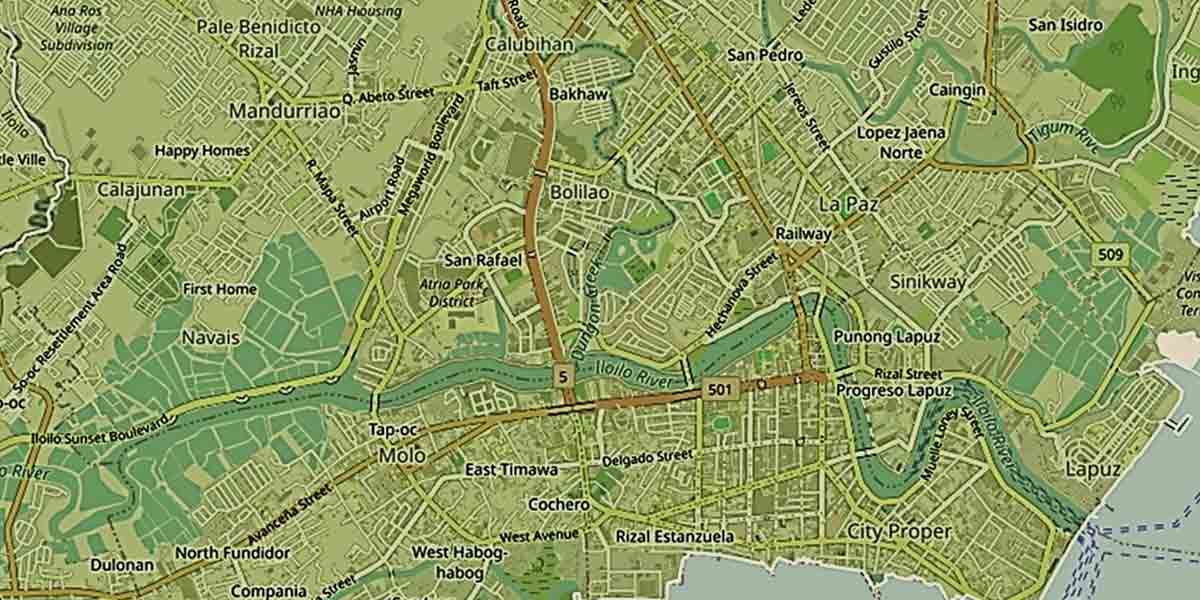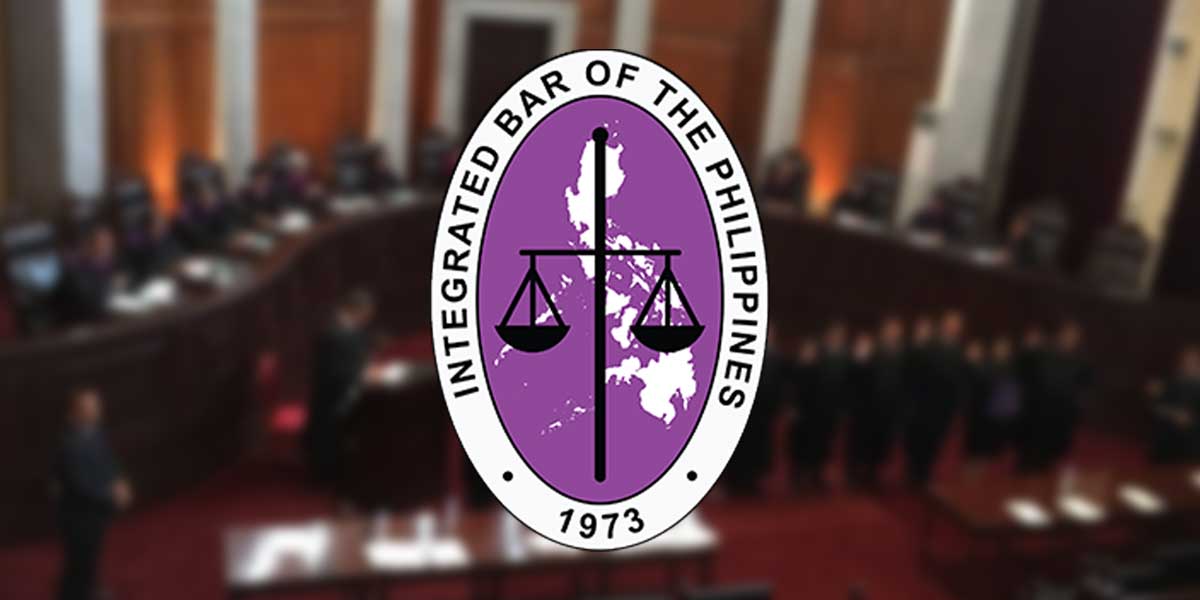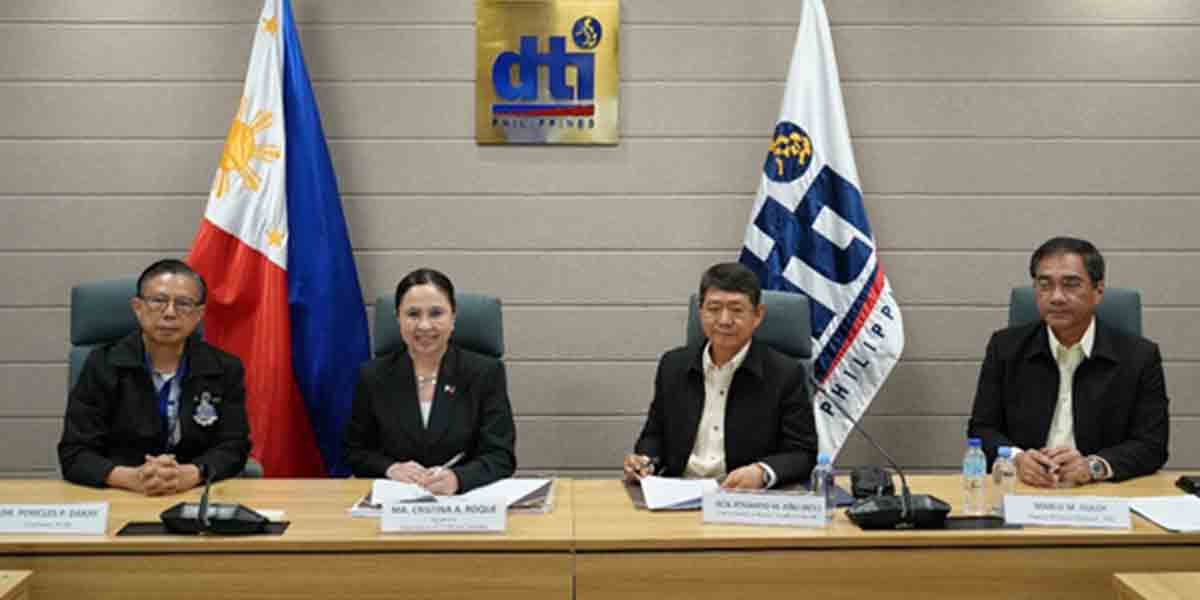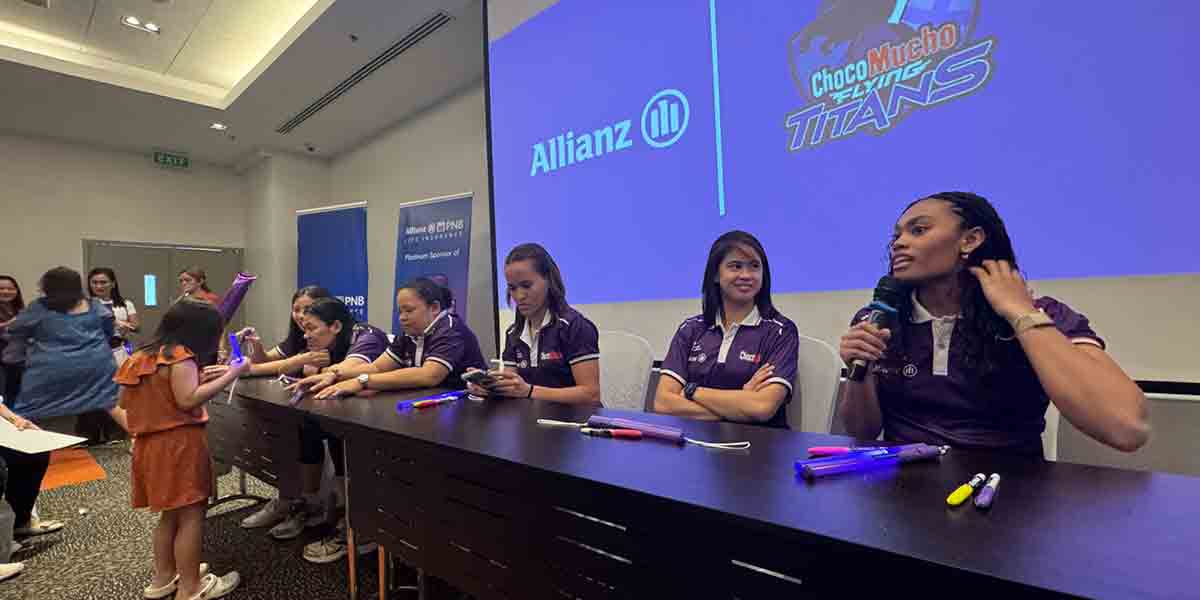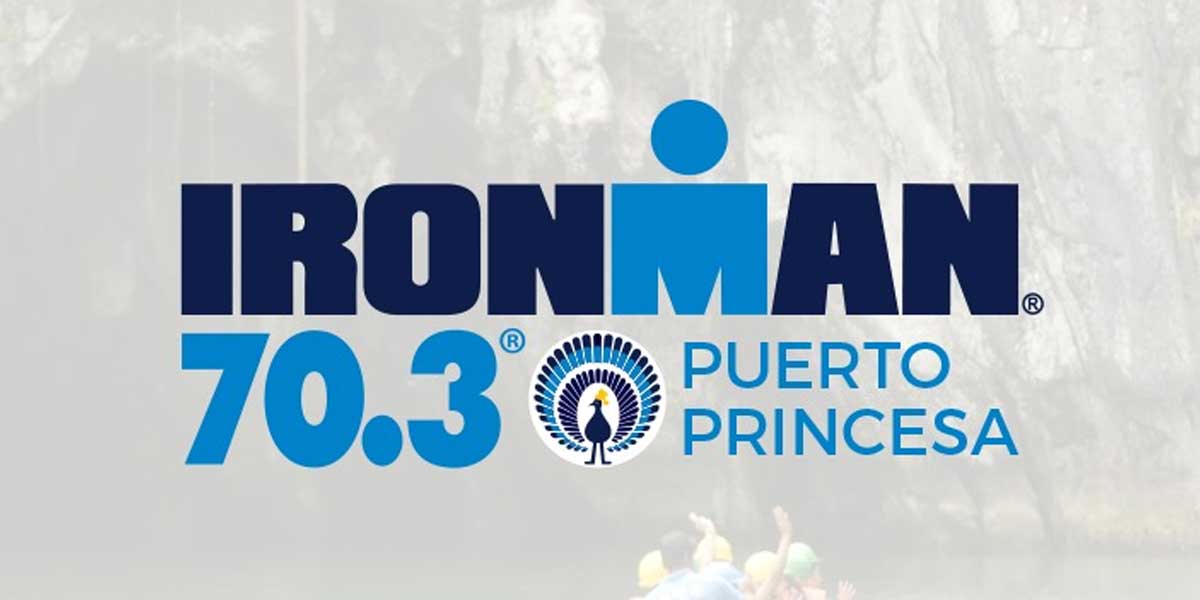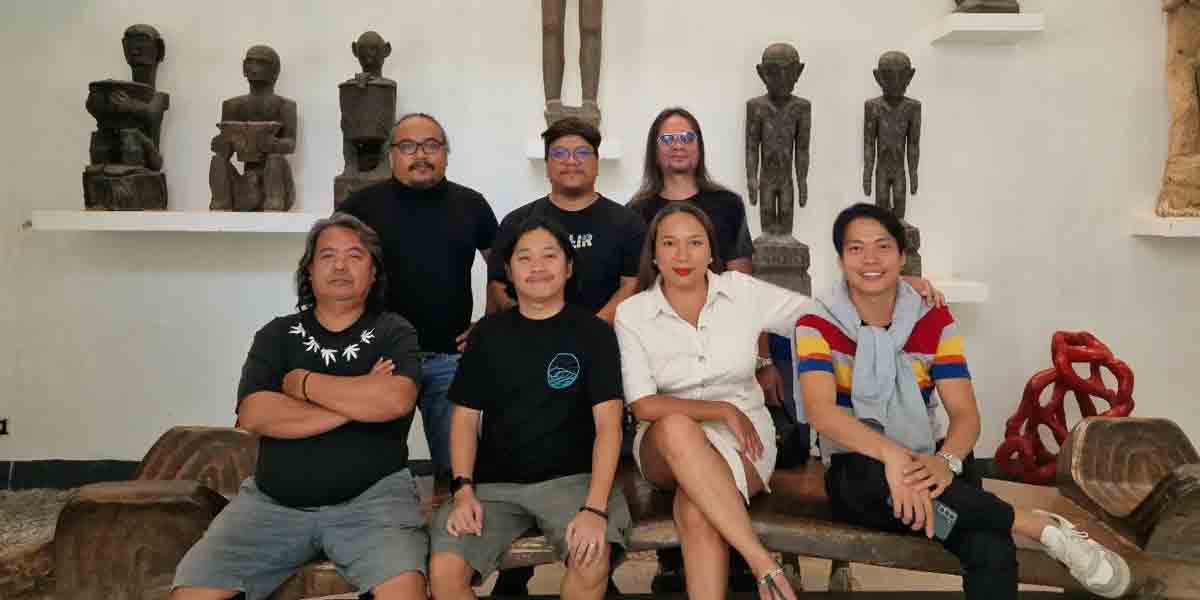By: Jennifer P. Rendon
CITING that it is a professional institution, the Iloilo City Police Office (ICPO) has set guidelines on the prescribed clothing when doing transactions within its premises.
While some are in agreement with the ICPO’s dress code, others raised their eyebrows and questioned how the “appropriate getup” should look like.
A tarpaulin hanging at the ICPO’s main gate stated that authorized clothes are “formal shirts, formal pants and skirts, and closed footwear.”
On the other hand, “unauthorized” clothing include sandos and sleeveless shirts; sports and spaghetti-strapped blouses; mini-skirt, denim shorts and jersey shorts; and flip flops and sandals.”
Police Captain Shella Mae Sangrines, ICPO spokesperson, clarified that the dress code is for individuals who have transactions at the ICPO headquarters, and not applicable in police stations.
She cited that persons who usually do business at ICPO headquarters are those who get police clearance, process permits, and visit the traffic investigation and enforcement section.
In the meantime, “we try to consider those who have not followed the dress code. We have instructed the duty guard to reconsider,” she said.
But Sangrines said they are addressing the confusion the “dress code” order has garnered from the public and netizens.
“Reactions and comments brought by this code will be brought up for discussion,” he said.
The Facebook page of a local radio station showed several netizens expressing varied views on the order.
Facebook user Yuri Villanueva said, “I am for the approval of House Bill Number 6286 or the Open Door Policy Act aims to make government service more accessible to citizens.
“All government institutions with frontline service offices shall be barred from implementing strict dress code that prevent citizens, especially those belonging to marginalized sectors, from making inquiries or undertaking simple transactions.”
Her Zendejas added that dressing up properly only showed the respect a person has for the office where he or she is transacting business.
Although Zendejas said that those who go to the headquarters for emergency purposes should be exempted from the dress code.
But Jeff dela Cruz said that the dress code should be implemented on its own personnel.
“That’s public service. It knows no economic status,” he added.
For Bernadette Labis Pechon, it should not be the case since “people don’t go there to do fashion show. Just dress comfortably and present yourself in a respectable manner. I think they should do something to improve the service rather than make these stupid rules about dress codes. Help assist the people who go there as quickly as possible, you will be commended for that.”
It was gathered that other police offices in Western Visayas and even the Police Regional Office 6 (PRO-6) have also implemented dress codes for individual transaction business at the headquarters.
When asked what the dress code is, Police Lieutenant Colonel Joem Malong, PRO-6 spokesperson, said it should be an “appropriate attire.”
“But there would also be exceptions – like for indigent-clients and those who have an emergency transaction inside the camp,” Malong said.


